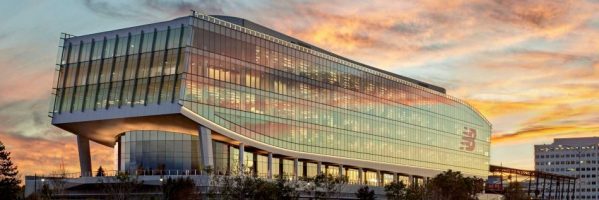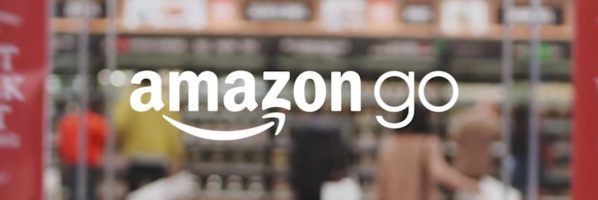Top MBA Recruiters: New Balance

Founded in 1906, New Balance is one of the world’s most well-known sports footwear and apparel manufacturers. It’s an American multinational corporation based in Boston, Massachusetts that has a manufacturing presence in the U.S. as well as the United Kingdom. The company is known for its more expensive products that come in a great variety of sizes and with unique technical features. In 2018, the company made approximately $4.5 billion in revenue across 5,497 employees worldwide.
Continue reading…MBA Recruiters: What Does General Mills Want From Business School Students?

You have probably eaten a General Mills product at some point. The maker of Cheerios, Nature Valley, Betty Crocker, Yoplait, Annie’s Homegrown, and Old El Paso products operates in more than 100 countries, producing and marketing more than 100 consumer brands. But it may surprise you knowing that an MBA can directly link you to a General Mills career. Continue reading…
Northeastern Prof Talks About Amazon Automation and Future Shopping

After the emergence of Amazon Go, a cashier-less convenience store the e-commerce juggernaut recently opened in downtown Seattle, Northeastern University’s D’Amore-McKim School of Business explored the potential impact of automation on the future of commerce.
The simple concept behind Amazon Go is a streamlined mini-mart experience in which customers “scan their smartphones with an app [and] grab what they want.” DMSB Associate Professor of Marketing Strategy and Managerial Decision-Making Bruce Clark discussed the implications of what New York Magazine dubbed the “automated 7-Eleven killer.”
“Unless you have an Amazon Go next door to your store, I’m not sure this is a big deal. It’s not clear to me the customer experience of an Amazon Go store is sufficient to make me walk past the local 7-Eleven. Geography is destiny in this sense: where you have more convenient stores, you will do well. A longer-term threat might be if Whole Foods went cashier-free and you had a Whole Foods next to your convenience store.”
Clark is quick to point out that AI more commonly automates pieces of jobs rather than entire gigs and cites the advent of the ATM in the late 1960s and ’70s as a key example.
“Despite widespread adoption of ATMs, employment of bank tellers increased over much of the past three decades. The driving factor was that while a given bank branch might require fewer tellers, that reduction in labor costs meant that banks could open more branches, offsetting the loss at any given branch. Tellers’ jobs in turn became more like that of a customer service representative rather than a paper- and currency-pusher.”
Clark remains cautiously optimistic about the future of retail, according to reports.
“The common thinking is that over time, human jobs will evolve toward processes at which humans remain better value, notably in emotional intelligence and physical dexterity. Retail employees will find their jobs increasingly specified in those terms. You’re either interacting with customers or efficiently managing the stocking and layout of a store. Employees who excel in these areas should be okay.”
But perhaps less so about the future of employment across the board. “All that said, I’m not sure any of us should be assuming we will have stable, well-paid employment in the future.”
LBS Alumni Spotlight: The Retail Industry & Holiday Trends

Unlike the consulting, finance and technology sectors, retail has always been regarded as a safe industry for employment. That’s because no matter how bad the economy gets, the retail industry will never cease to exist as long as people still make purchases. And that’s especially true for the holidays.
Each year during the holidays, on average, UK households spend £794.39 and US households spend $752.00. It’s not a small chunk of change. There’s no doubt that it’s a busy time of year, and many retail companies go all out to bring in new customers and grab the largest percentage of sales. But does that mean it’s a good industry to work in? Continue reading…
